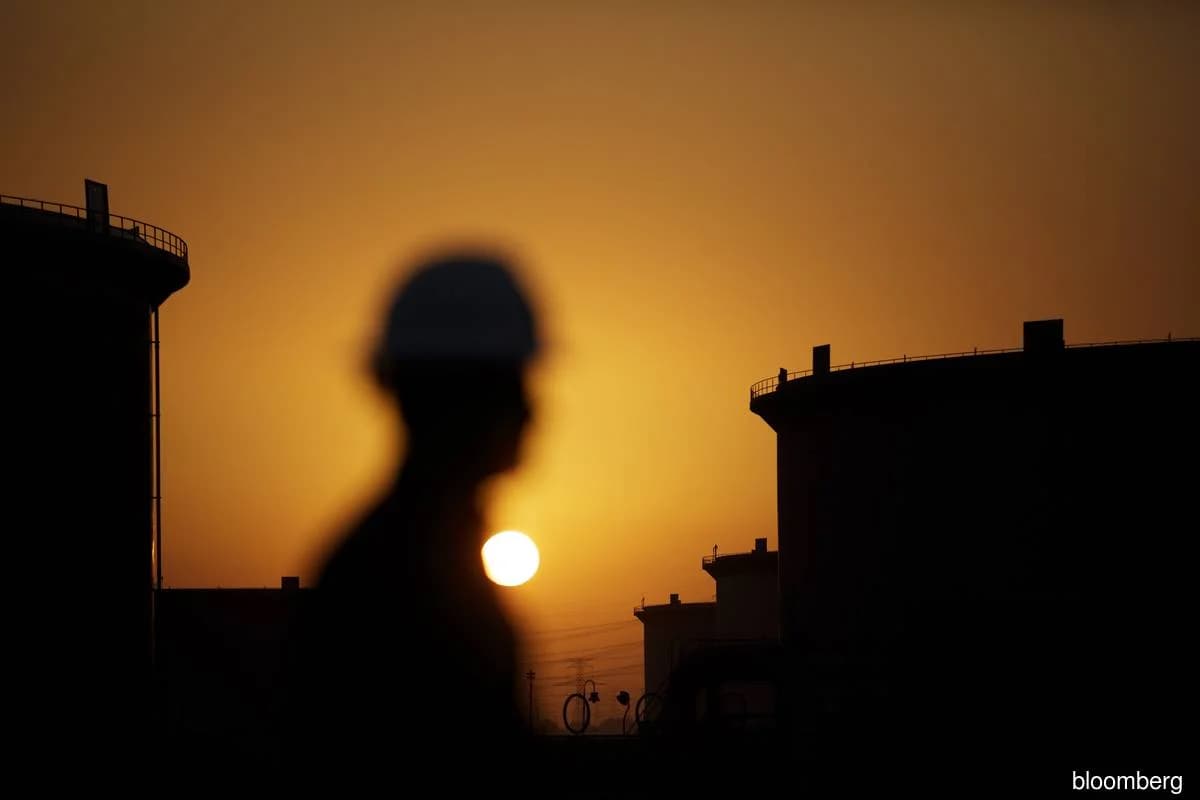
NEW YORK (July 9): Oil prices rose on Thursday, rebounding from early losses after U.S. government data showed a much bigger drop than expected in crude and gasoline inventories.
Still, Brent prices remained about $3 a barrel below Monday's close, as traders remained worried that global crude supplies might swell following the collapse that day of negotiations between the Organization of the Petroleum Exporting Countries and allies including Russia, a group known as OPEC+.
Brent crude oil futures rose 69 cents, or 0.9%, to settle at $74.12 a barrel, and U.S. West Texas Intermediate futures rose 74 cents, or 1%, to settle at $72.94 a barrel.
Early in the session, both contracts fell to their lowest in about three weeks.
U.S. crude inventories fell by 6.9 million barrels last week to 445.5 million barrels, Energy Information Administration data showed. Analysts had expected a 4 million-barrel drop.
Gasoline stocks fell by 6.1 million barrels in the week to 235.5 million barrels, the EIA said. Analysts had forecast a 2.2 million-barrel drop.?
"The report is bullish, there’s no doubt," said Tony Headrick, energy market analyst at CHS Hedging. "We did see a very large increase in total gasoline supplied, which would have led up to the Friday before the Fourth of July weekend."
Futures have fallen recently because of a breakdown in discussions between major oil producers Saudi Arabia and the United Arab Emirates. Disagreement between the two Gulf OPEC allies was publicly exposed last week, with Riyadh and Abu Dhabi at odds over a proposed deal that would have brought more oil to the market.
Traders fear members of the OPEC+ group could be tempted to abandon output limits that they have followed during the pandemic.
The group is still holding back almost 6 million barrels per day (bpd) of output and had been expected to reduce those cuts this year.
Russia was trying to mediate to help to strike a deal to raise output, OPEC+ sources said on Wednesday.
Concerns about the pandemic also weighed on prices. A resurgent coronavirus forced Japan to declare a state of emergency in Tokyo that will run throughout the Olympic Games. South Korea reported its highest daily tally of COVID-19 cases.
The Brent six-month spread remains in backwardation with the front-month price higher than later months. "This suggests that no immediate flooding of the market is anticipated," PVM analysts said in a note.